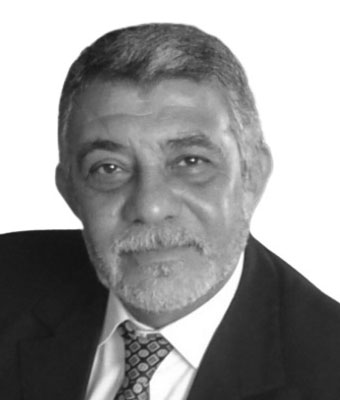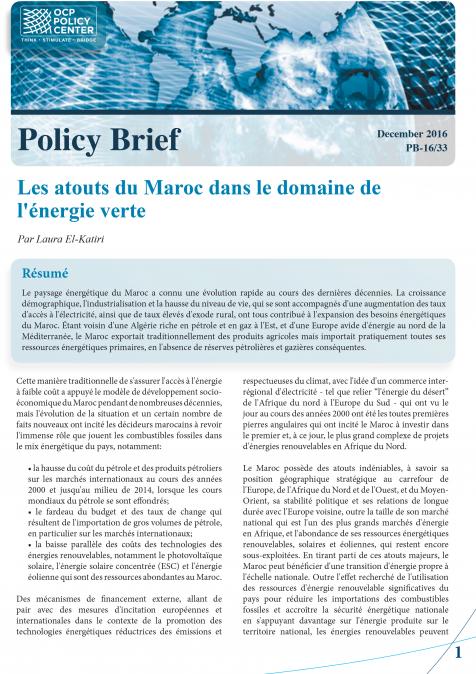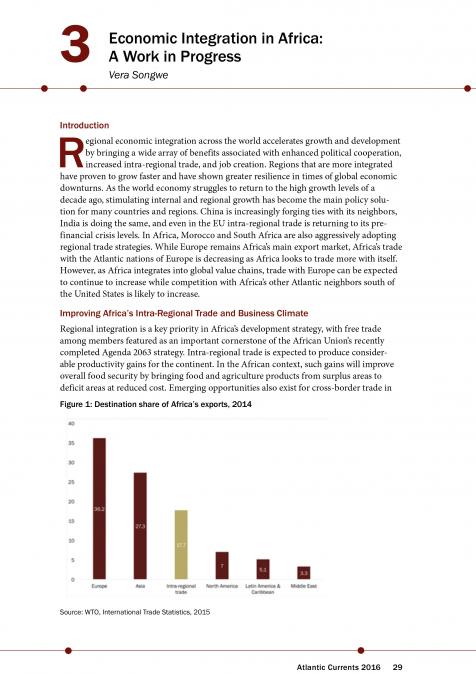Le Policy Center for the New South et le Groupe ISCAE organisent un Symposium International sur le thème « Un demi-siècle de réformes administratives : Quels effets sur la gouvernance des organisations de l’Etat ? » les 3 et 4 juin 2021. Conçue et déployée dans le but de stimuler les échanges entre chercheurs, praticiens et consultants des affaires publiques de pays d’expression française, l’Édition 2020 du Symposium International « Regards croisés sur les transformations de la gestion et des organisations publiques » sera consacrée aux effets des réformes administratives engagées depuis 1976 sur la gouvernance des organisations de l’État. Cette édition aura pour but d’encourager et d’orienter des approches conceptuelles et des pratiques innovantes d’un Management public éthiquement responsable, structurant, contrôlant et outillant des organisations de l’État. M Mot d’ouverture : M. TARIK EL MALKI : Président de l’Édition 2020 du Symposium et de l’ADIMAP, Directeur de l’ISCAE-Rabat, Maroc Allocutions officielles : M. MOHAMMED AMINE BENABDALLAH : Professeur de Droit Public, Université Mohammed VI Polytechnique, Maroc M. AHMED LAAMOUMRI : Secrétaire Général du Département de la Réforme de l’Administration, Ministère de l’Economie et des Finances et la Réforme de l’Administration, Maroc M. GUY LAFOREST : Directeur Général de l’Ecole Nationale d’Administration Publique, Québec, Canada M. BACHIR MAZOUZ : Président - fondateur du Symposium et de l’ADIMAP, Professeur titulaire à l’ENAP, Québec, Canada, Titulaire de la Chaire Gutenberg 2009 (ENA, France) M. RÉMY TRUDEL : Ancien Ministre, Professeur associé à l’ENAP, Québec, Canada Mme JAMILA EL ALAMI : Directrice du Centre National pour la Recherche Scientifique et Technique (CNRST), Maroc M. MOUNCEF ZIANI : Représentant de la catégorie des organisations professionnelles au bureau du Conseil Economique Social et Environnemental, Maroc
















